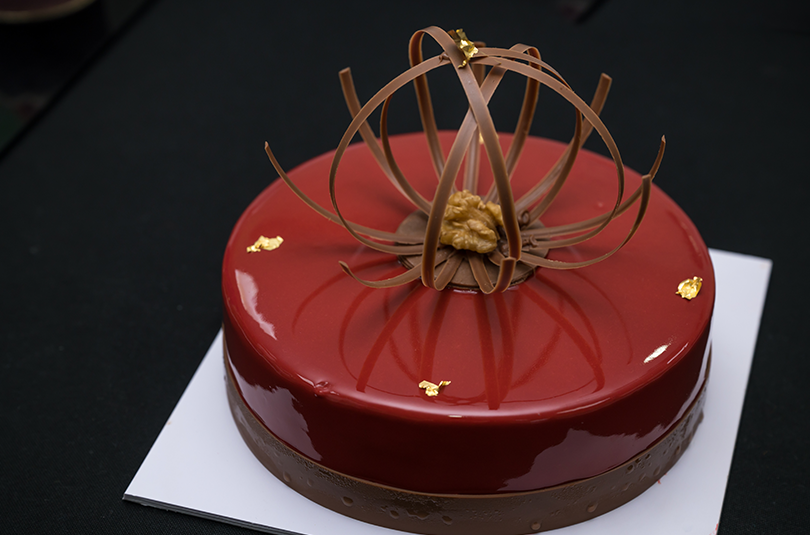Earning a diploma in baking is an exciting journey for anyone passionate about the culinary arts. This comprehensive guide will walk you through the process, benefits, and everything you need to know about pursuing a diploma in baking and pastry.
Embarking on a baking career begins with choosing the right baking school. The best institutions offer a blend of theoretical knowledge and hands-on training, ensuring students are well-prepared for the professional world. A diploma in baking is more than just a qualification; it’s a testament to your skills, creativity, and dedication to the craft.
Professional bakery courses cover a wide range of topics. Students learn the fundamentals of baking, including ingredient selection, mixing techniques, and baking methods. As they progress, they delve into more advanced subjects like pastry creation, cake decorating, and bread making. The curriculum is designed to build a strong foundation while encouraging creativity and innovation.
One of the key aspects to consider when pursuing a diploma in baking and pastry is the cost. Baking diploma fees vary depending on the institution, location, and program length. It’s important to research and compare different schools to find one that fits your budget without compromising on quality. Many schools offer financial aid, scholarships, and flexible payment plans to help manage the cost of education.
The benefits of earning a baking diploma extend beyond technical skills. Students gain invaluable experience working in professional kitchens, often under the guidance of seasoned chefs. This hands-on training is crucial for developing the confidence and expertise needed to excel in the industry. Additionally, baking schools often provide networking opportunities, allowing students to connect with industry professionals and potential employers.
Choosing the right baking school is essential for your success. Look for institutions with a strong reputation, experienced faculty, and excellent facilities. Visiting campuses, speaking with current students and alumni, and reading reviews can provide insights into the school’s environment and quality of education. Accreditation is another important factor; ensure the school is recognized by relevant culinary and educational authorities.
A diploma in baking and pastry opens doors to a wide range of career opportunities. Graduates can pursue roles as pastry chefs, bakery managers, cake decorators, and more. The skills and knowledge gained from professional bakery courses are also valuable for those looking to start their own bakery or catering business. The demand for skilled bakers and pastry chefs is high, making this a lucrative and rewarding career choice.
The journey to earning a diploma in baking requires dedication, hard work, and a passion for the culinary arts. It’s a challenging yet fulfilling path that offers endless opportunities for creativity and growth. Students not only learn the technical aspects of baking but also develop important skills like time management, attention to detail, and problem-solving.
In conclusion, earning a diploma in baking is a significant step toward a successful career in the culinary arts. It provides a solid foundation in baking techniques, hands-on experience in professional kitchens, and valuable industry connections. By choosing the right baking school and committing to your education, you can turn your passion for baking into a rewarding profession. Whether you dream of becoming a pastry chef, opening your own bakery, or simply perfecting your baking skills, a diploma in baking and pastry is the ultimate credential to help you achieve your goals.


